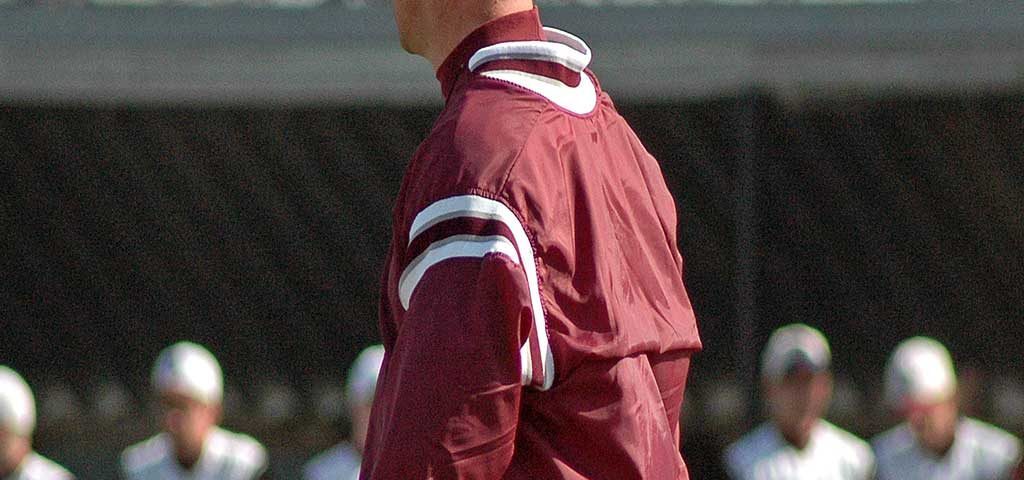
Sports Officiating Association: Is it Time for Integrity Programs in Sports?
March 30, 2016
Shadows, again, over America’s pastime
May 9, 2016Imagine for a few moments how a college coach could use his athletic department’s integrity and compliance program as a competitive edge when recruiting student-athletes. Most talented players are wooed by several colleges, so when a coach pays an athlete a home visit the coach may be under as much pressure as the athlete to make a favorable impression.
Keep in mind that athletes seldom choose on their own the university they ultimately decide to attend. More often than not the prospective athlete’s family is also involved in making the decision, and usually it is the student’s mother who has the most influence.
Remember also that in many instances a university ‘s compliance program effectively stops at the door of the athletic department. It is usually up to the athletic department’s own compliance officer to make sure the school is complying with NCAA rules and regulations. But beyond meeting the minimum requirements, it is a rare school and a rare coach who keeps a close eye on what the youngsters do in their unstructured time.
What a splendid opportunity then for a coach to reassure the worried mother saying goodbye to her young offspring! Let us indulge in a little fantasy and listen in as the eager coach meets the nervous family.
Mrs. Patricia Jones: Welcome to our home, coach. I am Pat and this is Earl, my husband. Of course you’ve already met Michael. We’ve all been looking forward to your visit. Michael is our only son so Earl and I are a little uncertain about his going so far away and to such a large school.
Coach Smith: Well, Pat, let me get right to it then. You already are aware how well we’ve done in recent years – five national championships, a bowl appearance most ever year, and of course many of our players go on to play at the next level. But I know you also want to hear about our academic standards and graduation rates, and how we can help Michael and his teammates make the right decisions while away from home.
Pat: Frankly, we don’t know what to make of all the scandals and troubles we keep reading about in the newspaper.
Coach Smith: I won ‘t deny we’ve had our problems. Many of these could have been prevented and should have been prevented. And that’s what lead us to expand our athletic department’s compliance program into a formal, comprehensive integrity and compliance program.
Pat: Really? I’ve never heard of that.
Coach Smith: Well, we have a group of young athletes who are adjusting to college life and sometimes making poor decisions which reflect poorly on all of us. We value our reputation, and of course we want to protect the young kids too. So we’ve developed a program designed to prevent small problems from growing into large ones.
Pat: It sounds a little like the compliance program we have where I work.
Coach Smith: First of all, we have established a code of conduct which is probably similar to what you’d find in any major university. But we go further. In formal training classes, we emphasize to our student-athletes what is required and expected of them. And we make sure they understand how to report any problems or concerns they have so we can address them before they cause problems for those involved.
Pat: This sounds more and more like what we have at work.
Coach Smith: Well, that’s the idea. There is no reason for college athletes to think they live in a world of their own. I
Pat: Why don’t other schools have something like this? I really like what I am hearing.
Coach Smith: Many of them do have compliance programs but they don’t really extend to student-athletes. That is what makes our program different. We truly emphasize to the student athletes that they are expected to live up to the code of conduct, and we make it easy for them to report any problems or concerns. There’s more to it, but you get the essential point.
Pat: Well, coach you are quite a salesman. Earl and I feel so much better about Michael going away to college. We know he’ll be in good hands.
***This Blog is reposted with permission from the Society of Corporate Compliance and Ethics.***


